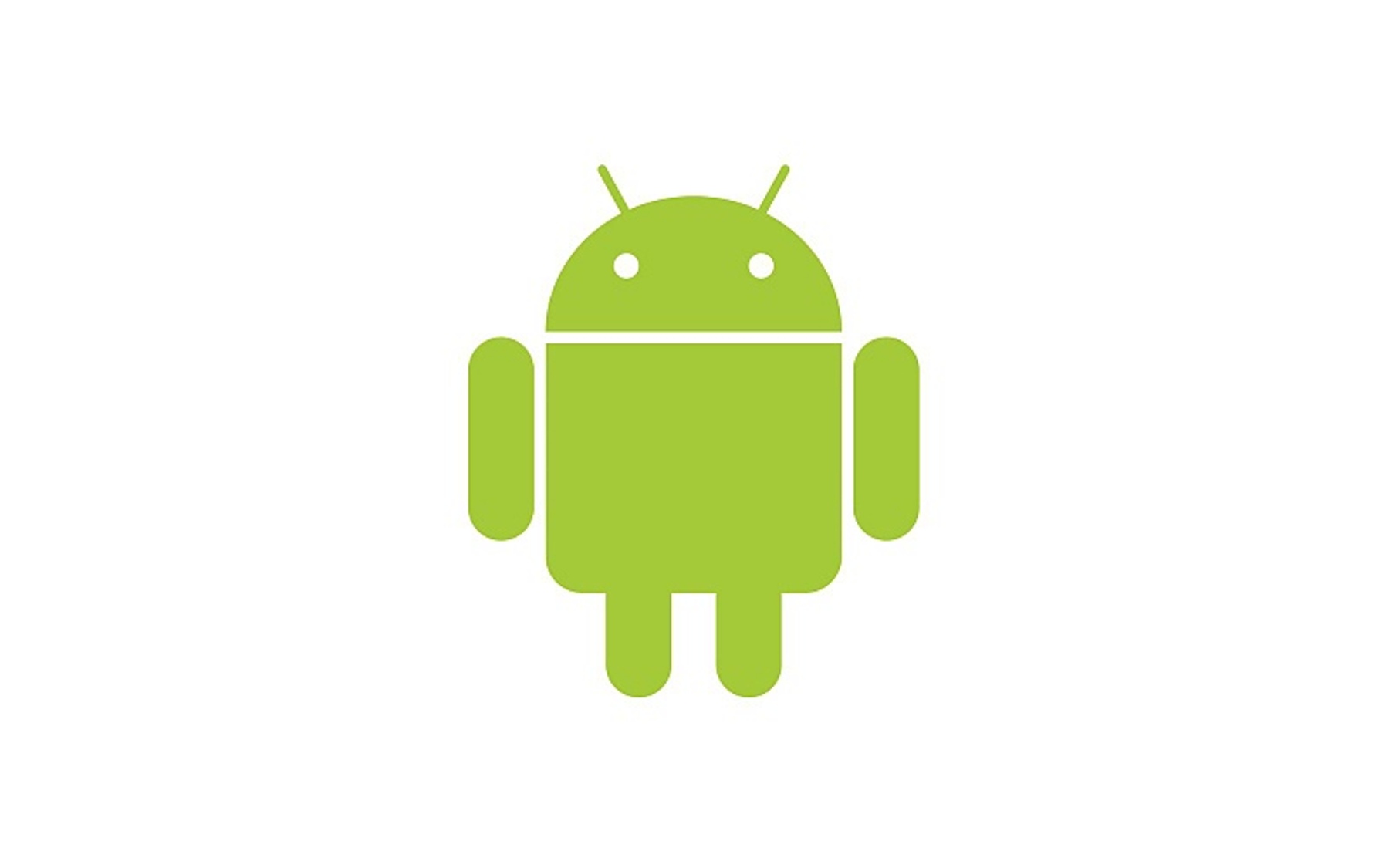Google: Just one update a year for Android
After six major versions of 18 months, Google has revealed that Android will have just one update a year in order to address fragmentation issues caused by multiple versions.

Google vice president Andy Rubin has revealed that the company will be slowing down its Android development and will eventually be releasing just one update a year.
In an interview with the Silicon Valley Mercury News, Rubin acknowledged that the rapid succession of updates to Android since its launch in 2008 had caused issues of fragmentation for both developers and consumers.
But Rubin said the development cycle was slowing down and would soon normalise to a single update every year.
"Our product cycle is now, basically twice a year, and it will probably end up being once a year when things start settling down, because a platform that's moving is hard for developers to keep up with," Rubin said. "I want developers to basically leverage the innovation. I don't want developers to have to predict the innovation."
Android debuted on the HTC-made T-Mobile G1 in October 2008, but five major updates since then has led to several different versions of the operating system existing simultaneously.
The newest version Android 2.1 took its bow on the Google Nexus One in January, but even now there are new handsets being sold with versions of Android as much as three versions behind.
Not only does this make it difficult for consumers trying to compare Android handsets, but also means handset manufacturers and software developers have to work much harder to keep up with the aggressive release schedule and offer updates to each new release as it appears.
Get the ITPro daily newsletter
Sign up today and you will receive a free copy of our Future Focus 2025 report - the leading guidance on AI, cybersecurity and other IT challenges as per 700+ senior executives
Some hardware makers have fared better than others. HTC, for example, has done a better job than most in keeping pace with Android, largely because of its close relationship with Google, but the likes of Sony Ericsson and Motorola have both developed Android-based phones that used old versions even when they hit the shelves.
According to Rubin, however, Google had to move quickly to gain any kind of foothold in such a competitive market. "We've gone through a lot of product iterations because we had to bring the product up to market spec," he argued.
The next version of Android - version 2.2 which is code named Froyo - is expected to start appearing on handsets towards the end of this year. The software development kit was opened up to developers last month.
Google says it is working with OEMs (original equipment manufacturers) to make it as easy as possible for them to ensure their apps and services run on all versions of Android.
-
 Should AI PCs be part of your next hardware refresh?
Should AI PCs be part of your next hardware refresh?AI PCs are fast becoming a business staple and a surefire way to future-proof your business
By Bobby Hellard Published
-
 Westcon-Comstor and Vectra AI launch brace of new channel initiatives
Westcon-Comstor and Vectra AI launch brace of new channel initiativesNews Westcon-Comstor and Vectra AI have announced the launch of two new channel growth initiatives focused on the managed security service provider (MSSP) space and AWS Marketplace.
By Daniel Todd Published